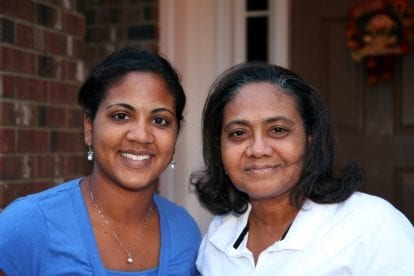How to Help a Loved One Manage a Panic Disorder

Panic disorder can be a serious issue, and it must be dealt with in an appropriate manner. If you have a loved one who suffers from panic disorder and panic attacks, it’s important that you understand how to approach the situation.
Understanding Panic Disorder
Panic disorder is a mental illness in which an individual experiences repeated and severe bouts with anxiety – known as panic attacks. These attacks are often sparked by an irrational fear over a particular issue and lead to serious physical and mental symptoms. Approximately 2.4 million adults in the United States are believed to have panic disorder.
How to Help a Loved One
If you have a loved one with panic disorder, it’s crucial you know how to effectively and appropriately interact with them. Here are a few tips:
- Remain stable and calm. The important thing for your loved one is to remain stable and calm, regardless of the situation. This is especially true if they are having a panic attack or a spell of extreme anxiety.
- Develop a plan. When the time is right, you should sit down and develop a strategic plan for handling panic attacks. The strategy should outline what to do when certain symptoms arise.
- Provide emotional support. Your role as a loved one should be that of an emotional support system. Encouragement and assistance can help in times of need.
Call for a Free Confidential Assessment.
877-727-4343What Not to Do
Just as important as what you should do, there are plenty of behaviors to eliminate. Avoid the following if your loved one has a panic disorder:
- Ignoring the disorder. While it is important to be careful in how you discuss the disorder, it should not be ignored. Instead, find the right times to encourage treatment and appropriately discuss the issue.
- Preventing discussion. It can be challenging to talk about your loved one’s panic disorder, but preventing discussion for the sake of your own feelings is wrong. Encourage an environment where your loved one can openly express their feelings.
- Being overprotective. Coddling and guarding your loved one is not helpful. They need to learn how to function with their issues. You only do them a disservice when you encourage them to avoid facing reality.
Bridges to Recovery
At Bridges to Recovery, we offer highly specialized panic disorder treatment proven to improve symptoms and encourage healing. For additional information on our individualized treatment options and state-of-the-art facilities, contact us today.






